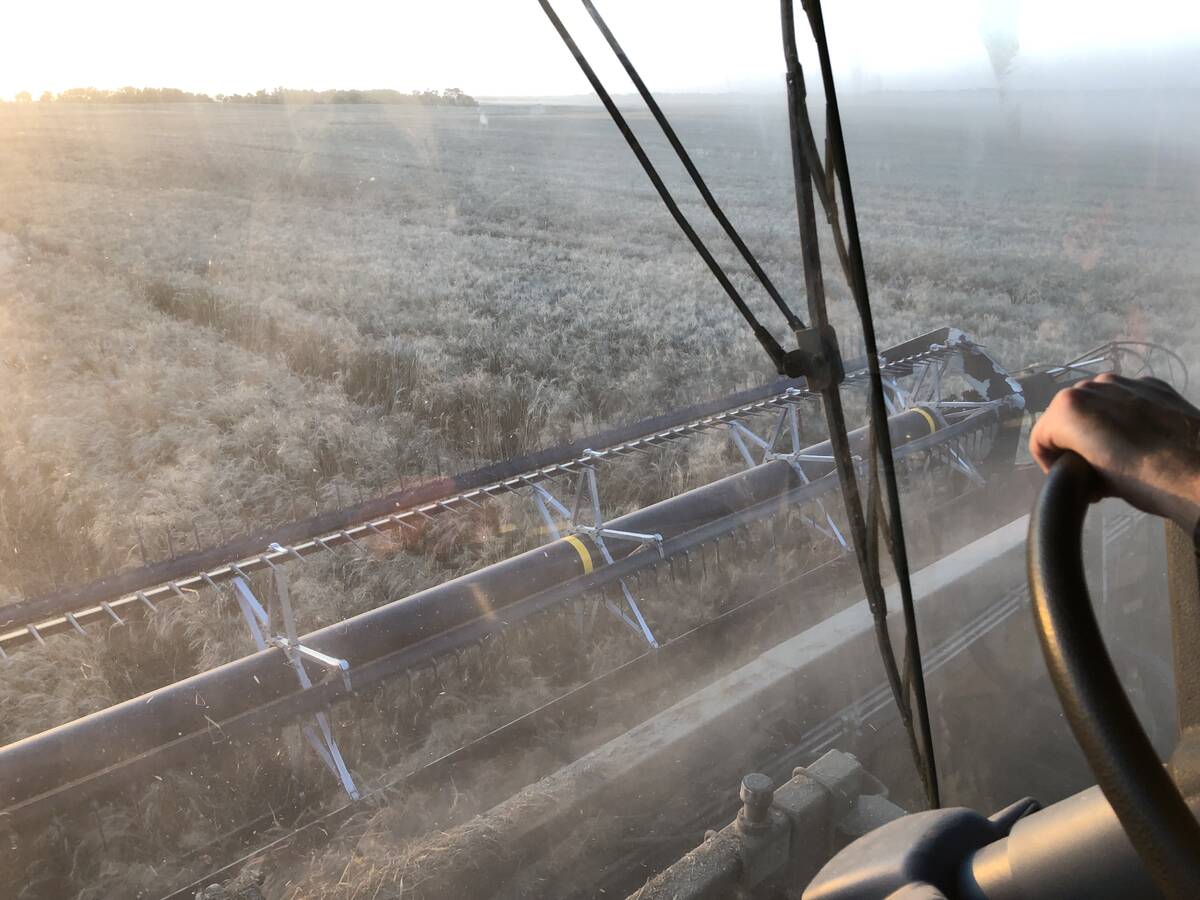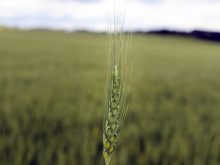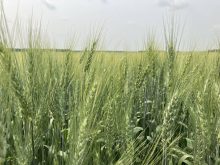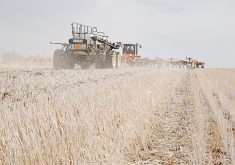WINNIPEG — Saying its refreshed board of directors “strongly supports” its plans for the Global Agriculture Technology Exchange, Cereals Canada is now trying to turn its vision into reality.
“It will allow us as Cereals Canada to maintain our globally recognized best-in-class expertise needed for today’s global markets,” chief executive officer Dean Dias said June 28.
The $100 million structure is planned for the Portage and Main area of downtown Winnipeg, close to head offices for many grain companies. It is planned to allow Cereals Canada to operate its milling and processing equipment within a structure designed for those activities, rather than within an office building.
Read Also

Mail strike disrupts grain sample delivery
The Canadian Grain Commission has asked farmers to consider delivering harvest samples directly to CGC offices, services centres or approved drop offs as Canada Post strike delays mail.
The idea has been controversial with some Cereals Canada’s members, especially with a number of grain companies. It hasn’t been popular with seed/pesticide companies either.
Concerns have been raised about the location, the decision to build new rather than use an existing industrial facility, the role that Cereals Canada should play, and how decisions are being made.
Dias said Cereals Canada has been talking with its members for a couple of years about this project. Engineers and infrastructure experts have examined the issues that members have raised.
“Moving into an existing facility is just not feasible,” said Dias.
Not only does modern milling equipment require specialized flooring and wiring, but different building codes apply to the sort of processing the facility needs to do, and those aren’t in place in existing structures.
Some feel it would be better to put a grain technical centre in a more science-focused place, such as the University of Manitoba, but Dias said downtown Winnipeg has unique advantages.
“It’s a major grain hub and home to some of the world’s largest agriculture and agrifood companies,” said Dias.
“Locating GATE here creates opportunity for further strengthening of connection between agriculture and food businesses and related organizations in the heart of Winnipeg.… We want our customers to interact with the grain trade.”
Dias wouldn’t comment directly on the members that have tendered their two-year notices of possible withdrawal from Cereals Canada, which includes Cargill, Parrish and Heimbecker and BASF.
However, he stressed that delivering the notice only opens the door to a possible withdrawal, something required by a members’ agreement, and might never be acted upon.
“Coming out of the last two days of meetings … our board is aligned and strongly supports Cereals Canada, including the vision of GATE,” said Dias, noting that elements of the project could be modified.
“It does not mean that just because we’ve announced the vision of GATE that we don’t continue to refine and optimize our needs of what happens today and what happens 20 years or 50 years down the road.”
The new Cereals Canada board will be headed by Saskatchewan farmer Brett Halstead, an experienced farmer representative from Sask Wheat.


















